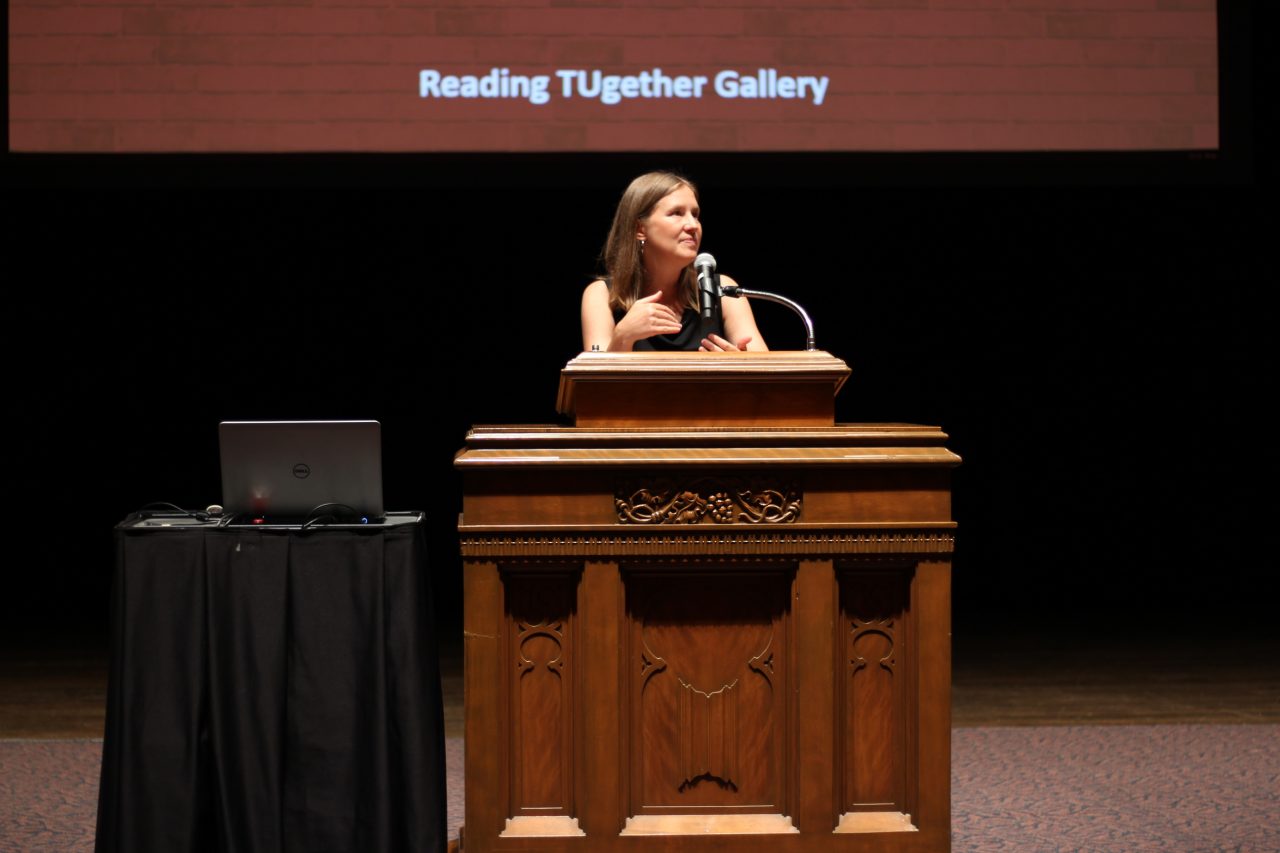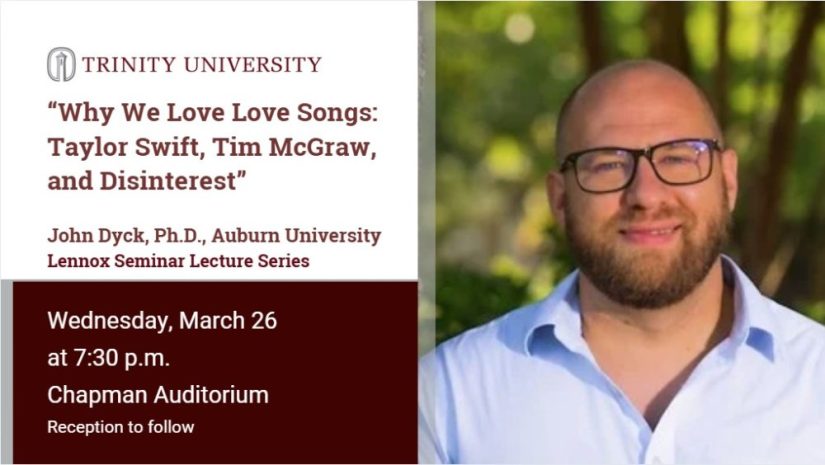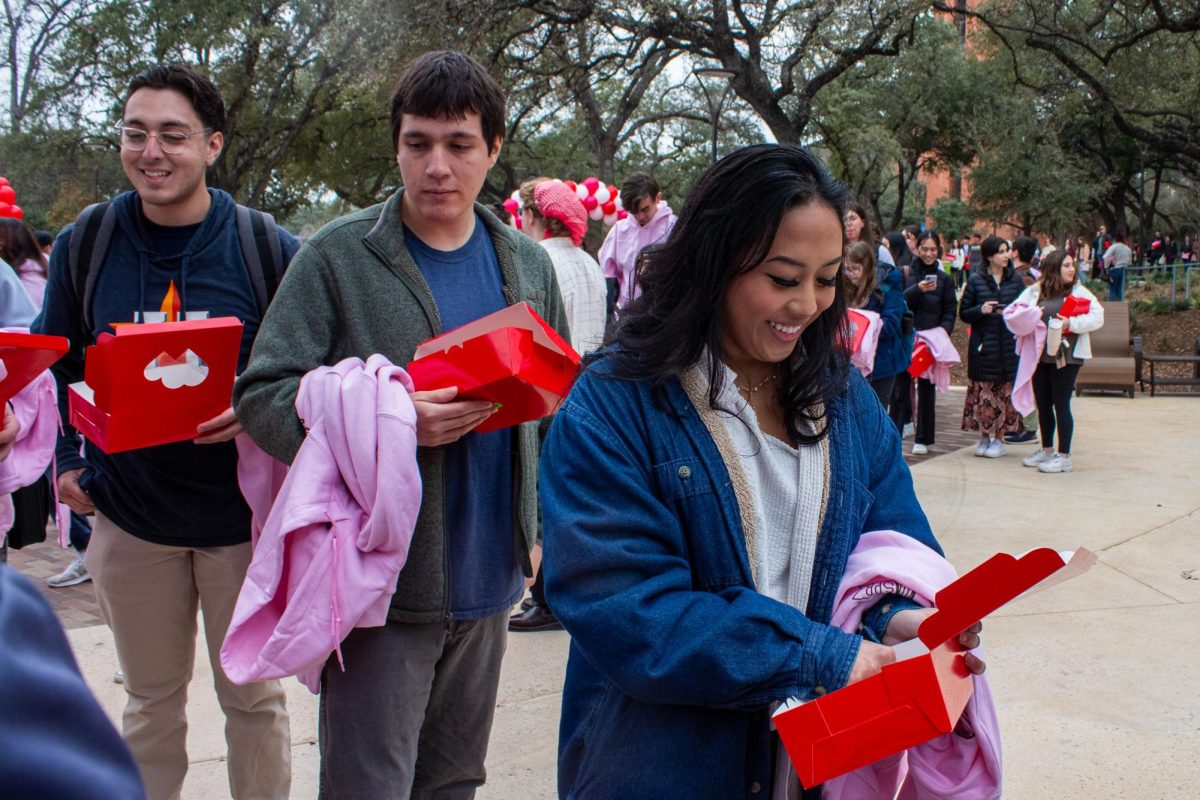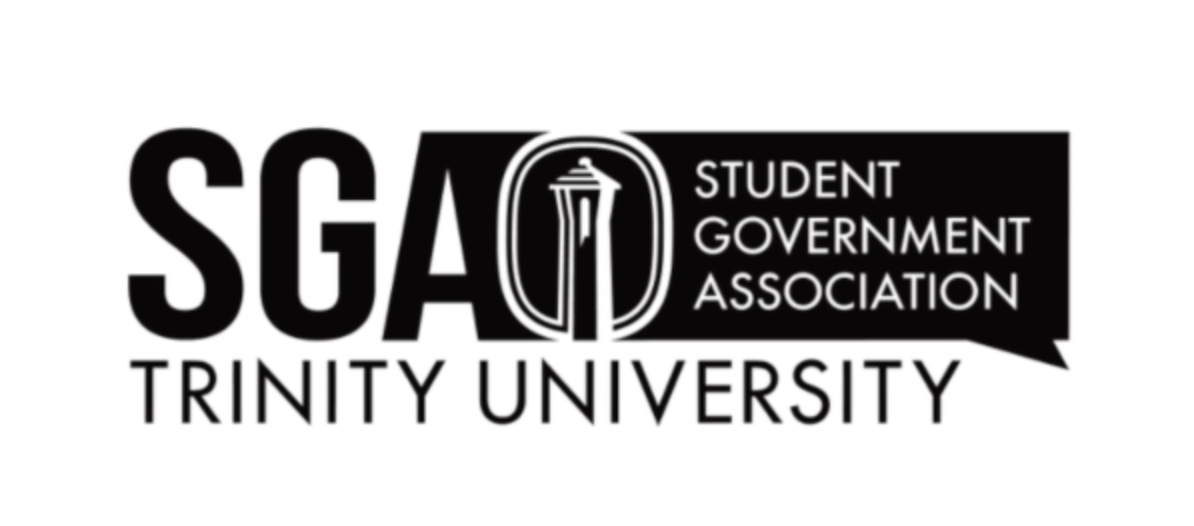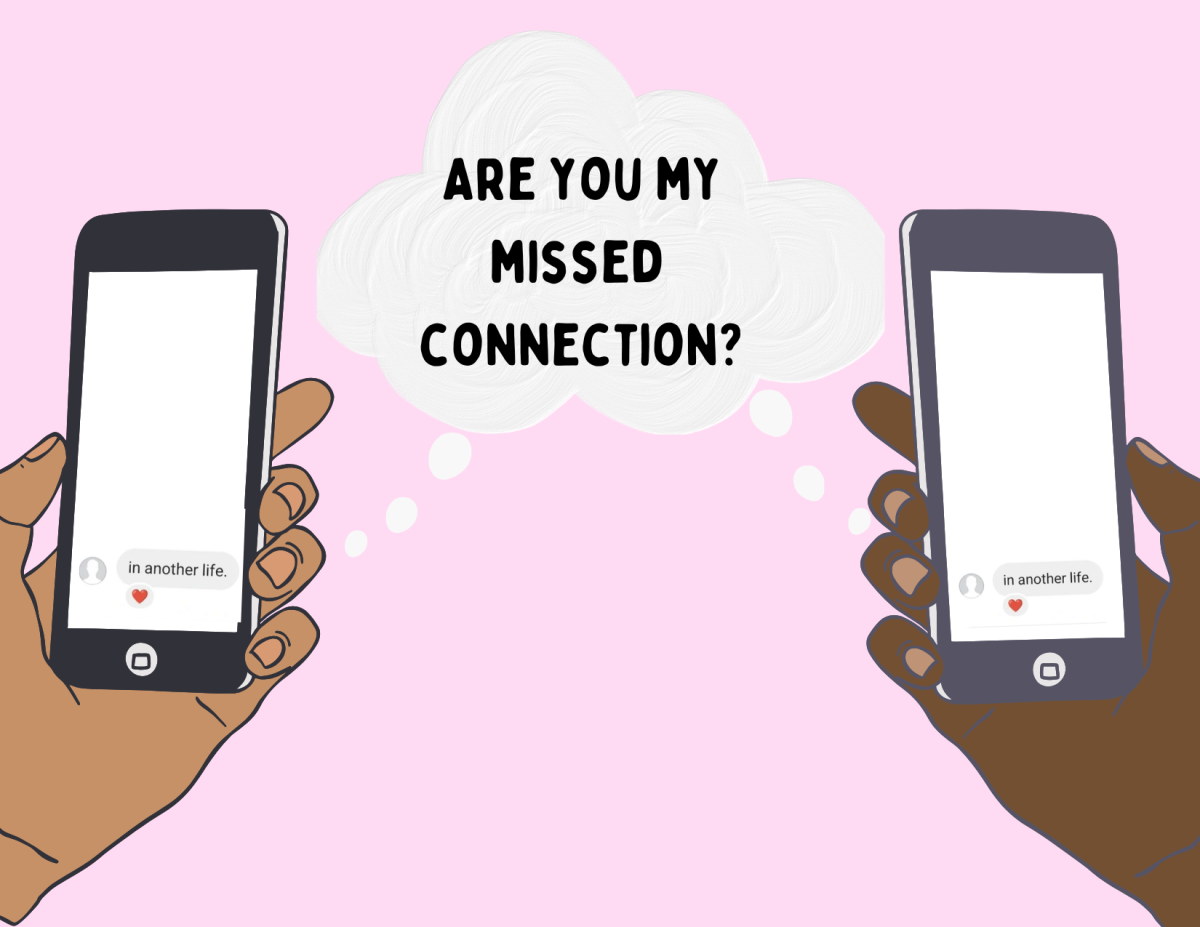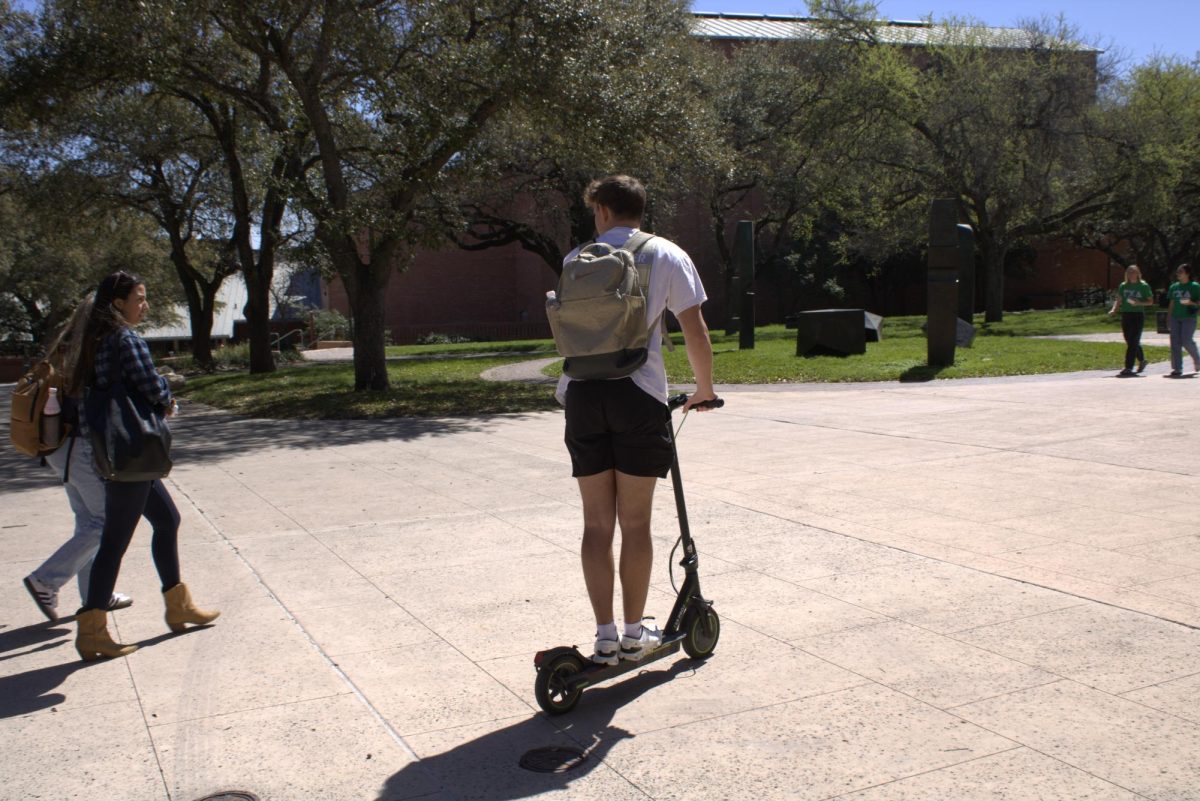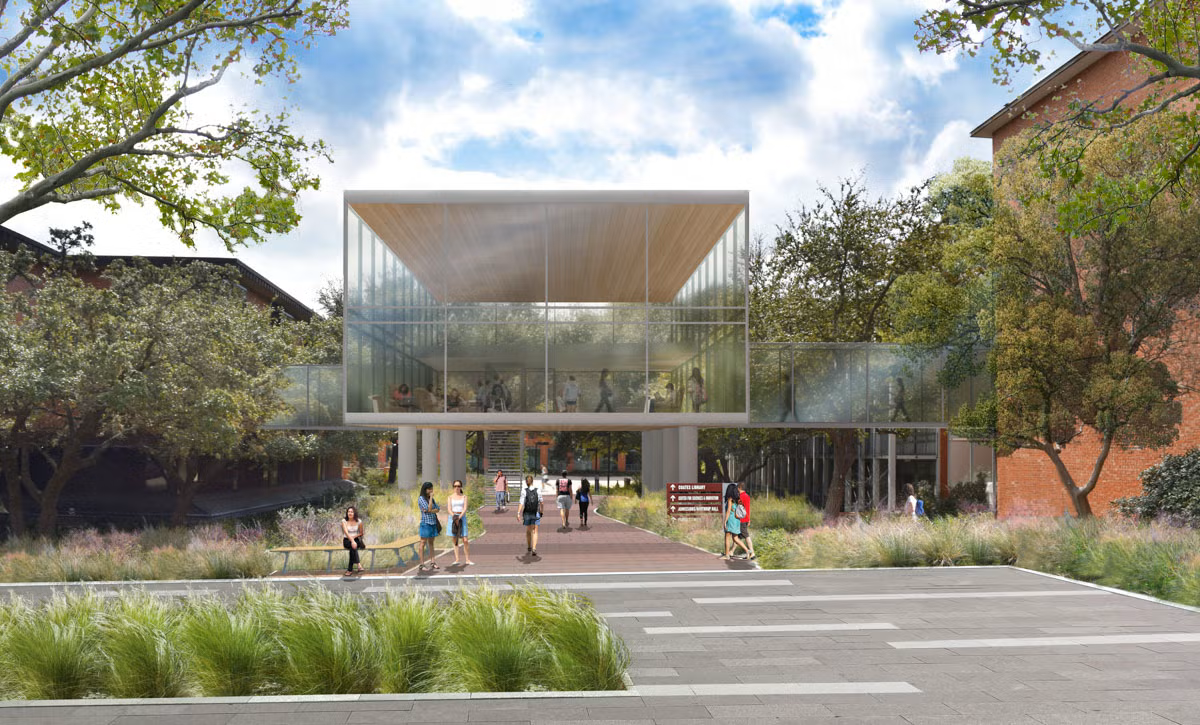Photo by Mona Mirpour
Trinity faculty and staff chose Eula Biss and her novel “On Immunity: An Inoculation” as the 2019 Reading TUgether selection. About 400 people from within and outside the Trinity community attended her lecture in Laurie Auditorium on Wednesday, August 21.
Michael Soto, chair of the Reading TUgether Selection Committee and associate vice president for Academic Affairs, worked with other faculty and staff members to select the book assigned to incoming students and to select the author’s lecture at Trinity. Members of the Reading TUgether Selection Committee all brought potential books with the understanding that they wanted a challenging book that spanned different disciplines. Many factors go into the decision-making process.
“We look for books that are accessible to a broad-ranging audience, that are a compelling introduction to the rigors of college reading and thinking, and that serve the needs of the curriculum and our community,” Soto said. “On top of that, we always want someone who’s a compelling speaker and ideally someone who addresses topics of contemporary importance. We thought that Eula Biss hit all of those marks.”
The contemporary issue that Biss covers in her book is immunization. In her book, she recounts her internal struggle of whether or not to immunize her son.
“It’s a topic that is hugely relevant these days and that can be [approached], and that she does approach from multiple angles. She’s a writer of creative non-fiction but she takes up biology and immunology, she takes up politics, she takes up sociology and she takes up the history of the culture. With all of these discourses, she’s able to weave a memorable story about her own encounter with the question of whether or not to immunize her young son. I think it’s a fantastic example of how a broad liberal arts and sciences education allows access to some really interesting contemporary questions from multiple angles,” Soto said.
Biss did not have a book in mind when began researching vaccination to determine whether or not she wanted to vaccinate her son, but her interest grew and expanded.
“When I started researching vaccination, I originally thought that I was just going to write an essay, something very short. But the more research I did, the more I discovered that vaccination touched all of these other areas,” Biss said. “I actually do think, just from my experience as a writer, I feel like anything you start to learn about usually opens up. I don’t think I’ve ever had a subject not open up and reveal itself to be really complicated or multifaceted.”
At her lecture, Biss read a few pages of her book where she discussed Dracula, mythology, and Victorian England, all included in her research about vaccinations and how to understand the immune system.
“Do we think about our immune system as a kind of border control or do we think about our immune system as a welcome committee?” Biss said. “Avoidance of outsiders, of immigrants, of people missing limbs, or people with marks on their faces, is an ancient tactic for disease prevention. This has fed, no doubt, the longstanding belief that disease is a product or those we define as ‘others.’”
She further discussed prejudice and a metaphor between vaccines and diversity.
“From birth onward, our bodies are a shared place. A failure to acquire all the necessary microbes early in life can have a lasting consequence for a child’s health. We are not just tolerating the non-self within us, we’re dependent on it and protected by it. This would seem to be true too, or the other non-selves we live among. Diversity is essential to the health of any ecosystem. But the language we use around racial diversity, particularly the word tolerance, tends to imply that other people are essentially a nuisance and disguises the fact that we need and depend on each other,” Biss said.
After discussing her book, Biss opened up the auditorium for a question and answer session. First-year Rebekah Wendt, a history major who attended Biss’s lecture, was interested in the history of medicine as well as the current state of issues surrounding vaccinations.
“Vaccines are such a big topic now and it’s really interesting to get someone who’s really dedicated a long time to it and really knows it instead of all the fake news and stuff that’s going on now. It was nice to see somebody that actually took time and went thraough the facts,” Wendt said.

